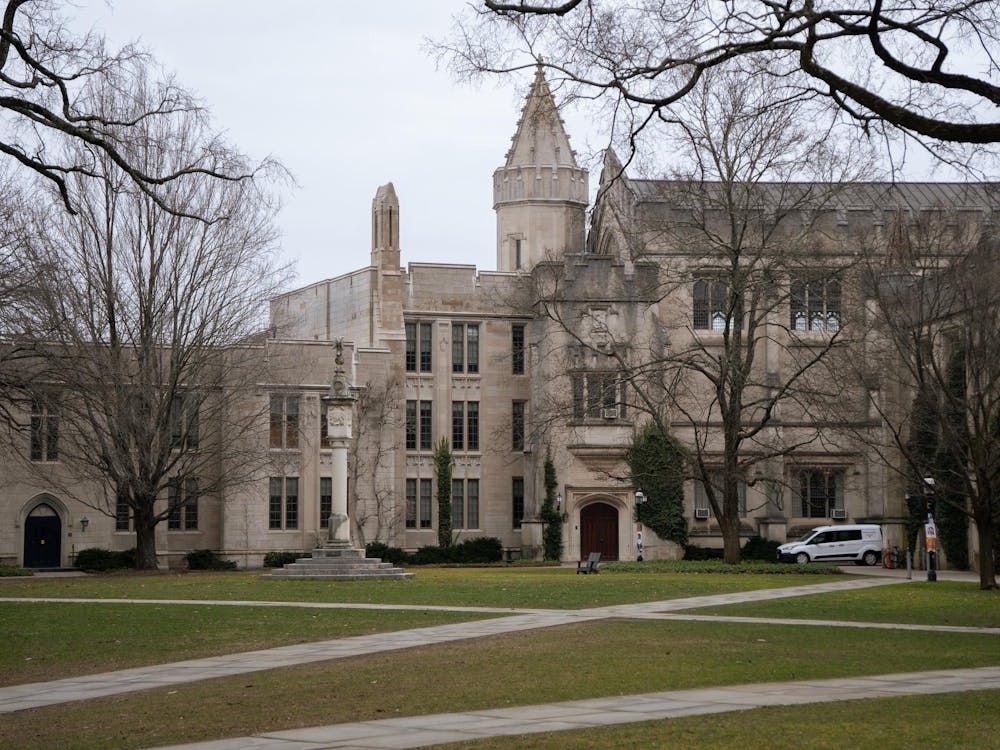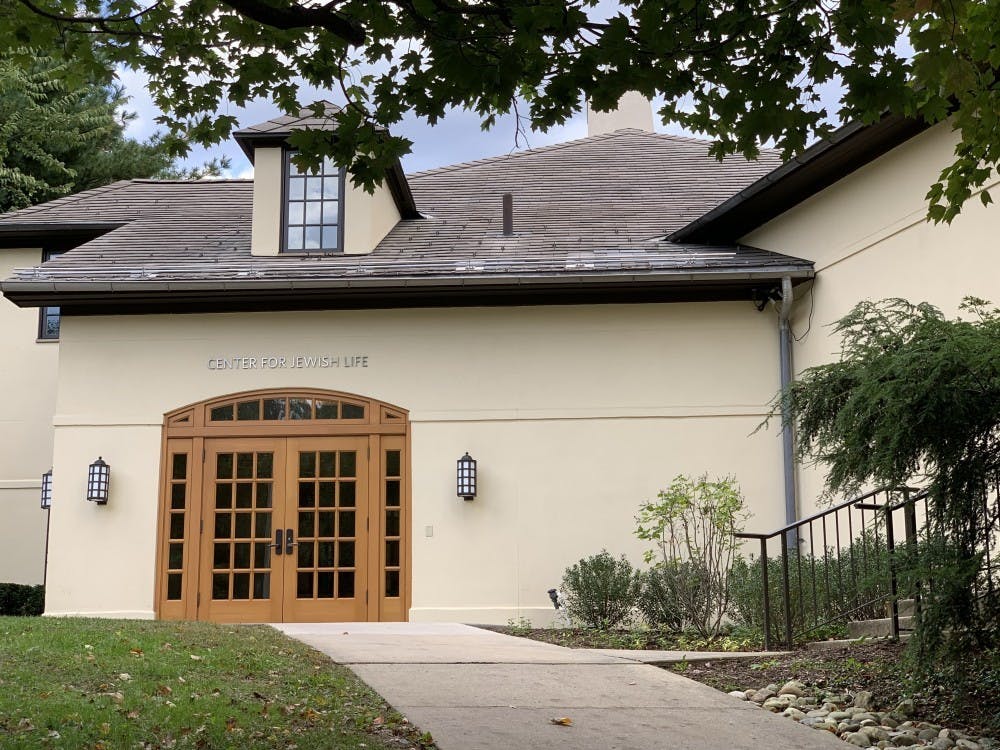Despite this, my dogs remind me at the start of every break that even though I’ve been gone for most of the last year and a half, I’m still missed at home. When I first come through the door into the kitchen from our garage, Palmer and Annabelle start to gyrate in excitement. They jump at me like tense springs released from some pressure, licking and crying and breathing their smelly breath all over my face. It’s always a more enthusiastic greeting than I ever receive from humans.
Last year, I often wondered whether my dogs’ reactions to me might differ as I stayed away from home longer. I’d spent a few summers away from home in Washington, D.C., during high school, so I knew that the dogs were capable of remembering me after one long stay away from the house. But what would happen after a year of extended absence punctuated with a smattering of brief breaks at home? Would the dogs slowly forget me? Would Palmer, who had never known me as a full member of the pack because we got him while I was already at Princeton, embrace me? My anxieties over my relationship with my dogs became a mirror for my fear over losing my special relationship with my home.
Invariably, on each visit home, my fears have proved to be unfounded. I usually notice that Palmer has grown a bit. I recognize him less and less, and I have more trouble picking him up each time I try thanks to the weight he always gains. Yet so far, absence has seemed to make our hearts grow fonder of each other. And despite the fact that he’s spent far less time with me than he has with either of my parents in the 11 months that we’ve owned him, Palmer seems to have latched himself onto me. I’m the one he stays up late with to watch television, and I’m the member of the family he seeks out for treats when we’re all together. He probably only likes me so much because he knows that I’m the only one who understands how important it is that his ears and stomach get scratched.
As friendly as they are to me when I visit home, the dogs don’t have the same reaction when they meet people they don’t know. When the unfamiliar smells of unknown guests or forgotten acquaintances make their way through our door, the dogs go into alert mode. Their barks are less friendly, and they don’t cry in ecstasy as they do when the family is reunited. I highly doubt that either would be brave enough to do anything more than bark to defend our house, but they certainly don’t take kindly to strangers.
As reassuring as it is to me that Palmer remembers me even though we got him after I left for college, I can’t help but wonder what our next dog’s reception of me will be. The next dog will probably join our family after I’ve graduated college and moved on to some job and my own residence. I won’t be able to take two-week leaves of absence from my job to spend time at my parents’ house. What will the next dog think every time he sees me? Will he have to sniff me to remember me? Will he even regard me as anything but an intruder? Will I get the friendly bark or the angry one?
Home for me has always been the place where I have a warm, live furball to pet and a wet nose ready to sniff me when I’m sulking. When I get thrown into that scariest phase of life — adulthood — I fear that my house, while familiar, may not feel like home anymore. Worse, I think that my parents’ dogs will be responsible for that.
Jacob Reses is a sophomore from Linwood, N.J. He can be reached at jreses@princeton.edu.







